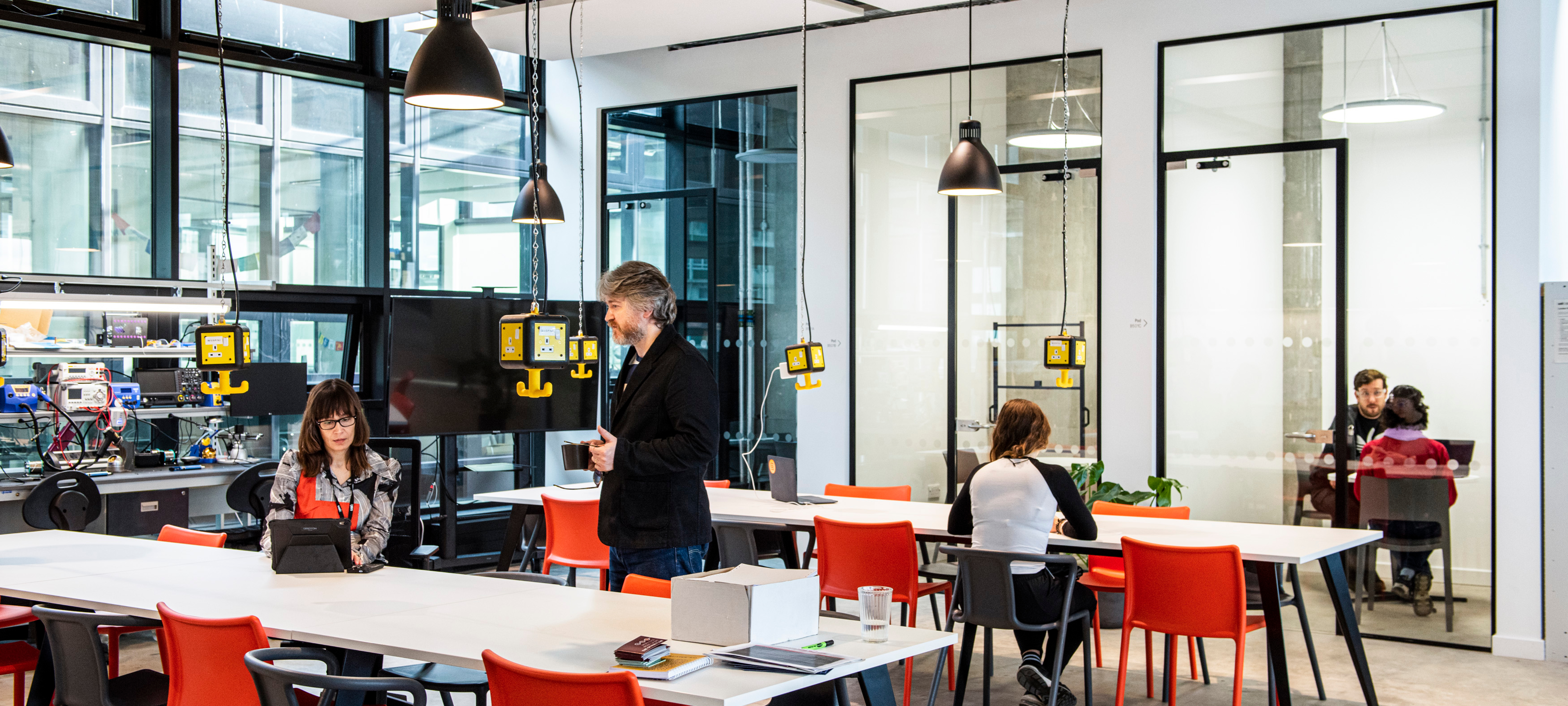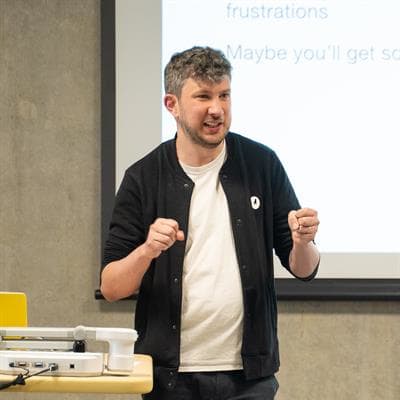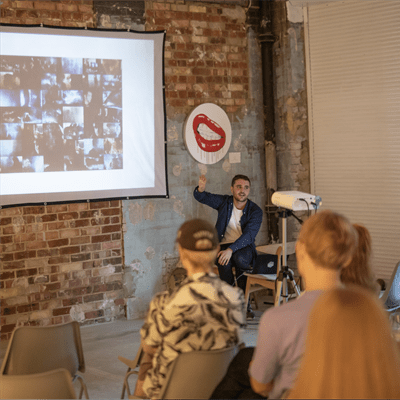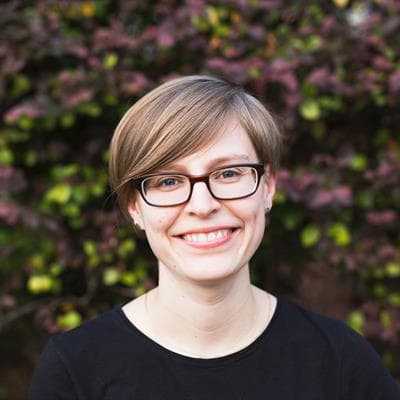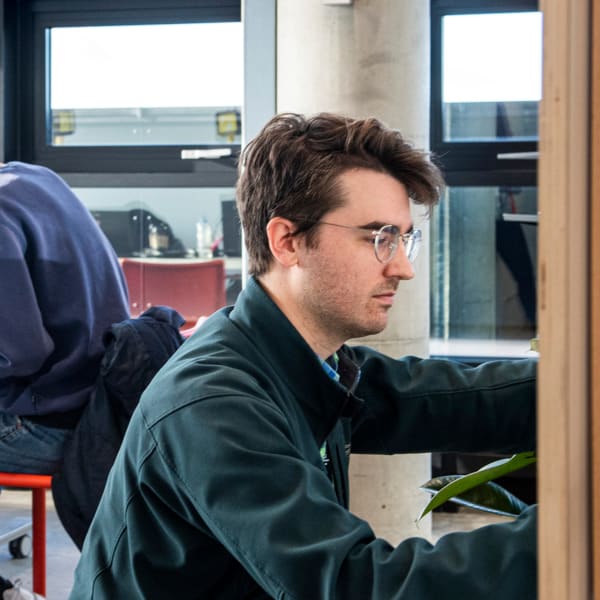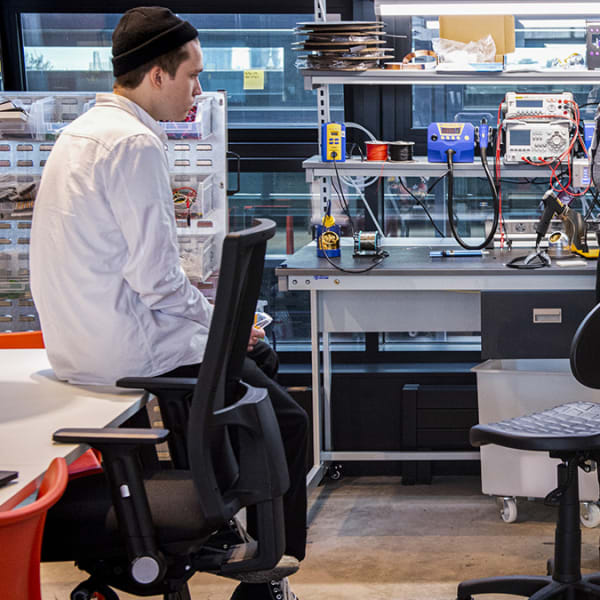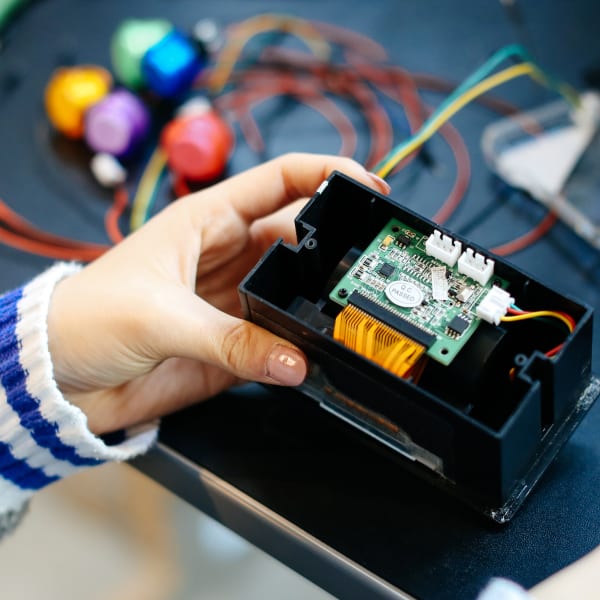Course units
Coding for Digital Media
This unit provides an introduction to programming for digital media, focusing on its applications within creative fields. It covers key frameworks and tools that support digital media development, equipping students with practical skills for multimedia creation.
Conversational Interfaces
This practical class introduces students to fundamental coding concepts and develops key coding skills in the context of developing practical coding projects. Students will use coding languages such Python and JavaScript to develop chatbots and other kinds of conversational interfaces. Various approaches to chatbot design, such as flow-based, intent-based, retrieval-based, and generative-AI chatbots will be explored and developed in practical activities.
Data Science for Creative Industry
This computing and seminar unit is an introduction to data-driven insights for creative fields looking at exploratory data analysis, visualisation techniques and machine learning models for recommendation systems and personalisation.
Multimedia Machine Learning
This practical class introduces students to contemporary machine learning toolkits in order to carry out supervised and unsupervised learning approaches to media processing and generation. It also includes exploring contemporary ML approaches including CNNs, Transformers, Diffusion models, multi-modal learning and other emerging methods. Students will learn how contemporary neural networks are built and trained, as well as how custom and pre-trained models can be used and developed for interactive and human-centred applications.
Performing Data
This unit explores how data and machine learning can be applied to develop visual art, music and performance. Through group work, workshops, seminars and crits, students will develop hands on experience of using machine learning for live performance and the critical theory surrounding this practice.
Applied Machine Learning Final Project
This self-directed unit ask you to build and document a practical project and write an associated thesis report that documents your technical methods, process of design and development and evaluation.
